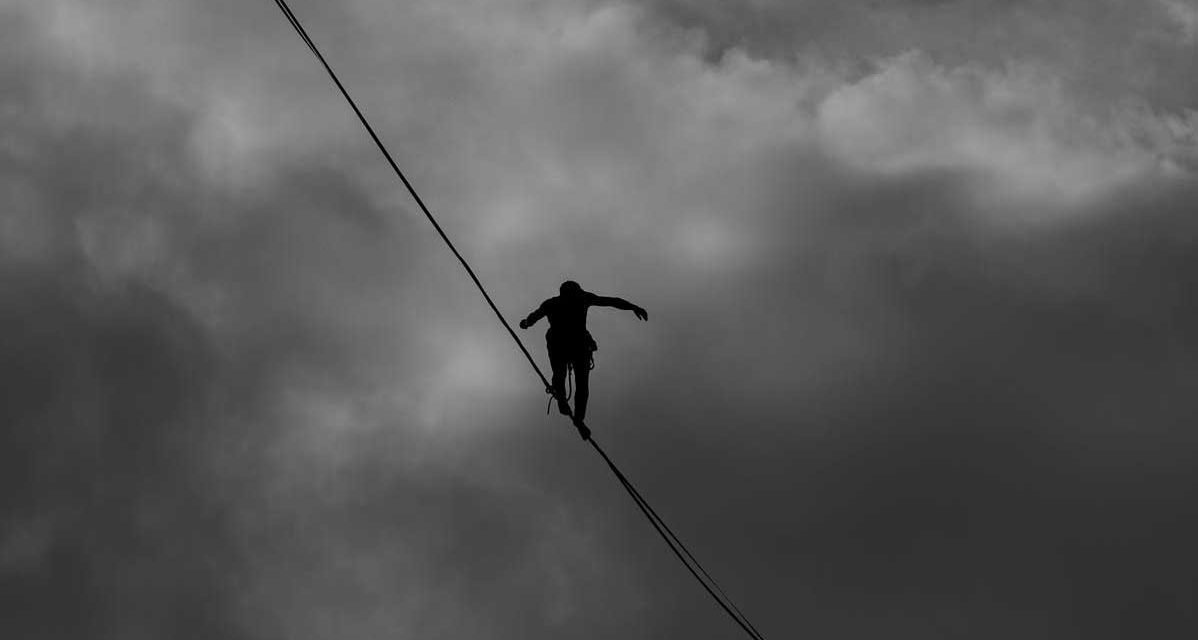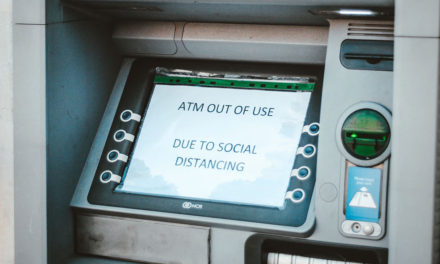Some think “P.C.” stands for “personal computer.” That “P.C.” even has its own wiki page.[1] It’s tech industry jargon in America.
In England, pc in lower case without punctuation is short for percent, as in 100 pc.
Back in the olden days, uppercase PC meant “politically correct.”[2] Political correctness is a term quaintly used to describe language, policies, or measures intended to avoid offense or disadvantage to members of particular groups in society. At least that is what the infamous “they” on PC’s own webpage says.[3] They also credit Richard Bernstein with coming up with the phrase in a 1990 New York Times article.[4] It was then an academic term stemming from an academic argument over what “should” be taught in universities.
But history, aka Britanica.com, says otherwise. “The term first appeared in Marxist-Leninist vocabulary following the Russian Revolution of 1917. At that time it was used to describe adherence to the policies and principles of the Communist Party of the Soviet Union (that is, the party line). During the late 1970s and early 1980s, the term began to be used wittily by liberal politicians to refer to the extremism of some left-wing issues, particularly regarding what was perceived as an emphasis on rhetoric over content. In the early 1990s the term was used by conservatives to question and oppose what they perceived as the rise of liberal left-wing curriculum and teaching methods on university and college campuses in the United States.”[5]
Fast forward to now—early twenty-first century. PC is mostly the province of late-night TV comedians lampooning political language. The left uses it to scoff at conservative political themes. The right doesn’t “use” it; that’s just the way they talk. My focus is not on how or who uses it; I’m interested in ethical norms that apply to writers who either talk it up, spew it out, or slant it downward into the muck.
Here’s my take on the ethics of writing politically correct.
A short and possibly accurate explanation lies deep inside our thought processes. We think what we say; that’s one way to put it. Language shapes our reality. We use it consciously to explain, inform, persuade and respond. It also reveals and promotes our beliefs, accepted truths and prejudices. Using sexist language promotes sexism. Using racial language promotes racism. Using misogynistic language reflects contempt for or prejudice against women. The technical name for the latter is Androcentrism or male privilege.
By 2016, the notion of political correctness became political incorrectness. NPR wrote about it under a banner headline: “Politically Correct—The Phrase Has Gone From Wisdom To Weapon.”[6] NPR reported Donald Trump’s comments in August 2015 on stage at the first Republican presidential debate. “I think the big problem this country has is being politically correct,” Trump tells the moderator, Fox News’ Megyn Kelly. “I’ve been challenged by so many people and I don’t, frankly, have time for total political correctness. And to be honest with you, this country doesn’t have time either.”
In 2016, Candidate Trump, in a South Carolina rally called for a “total and complete shutdown of Muslims entering the United States.” He told a cheering crowd that his statement on the subject was “very, very salient, very important and probably not politically correct.”[7]
Forbes Magazine published an essay with the catchy title, Why Do Millennials Love Political Correctness? [8] This title seems a good kick-off point to examine ethical norms in writing PC. We should make sure what we say accurately describes what we mean; is the catchy title just catchy, or is it inaccurate in claiming a huge segment of the American population “loves” political correctness? Do all millennials speak and write politically correct, meaning they talk or write, “to avoid offense or disadvantage to members of particular groups in society.” Or do they think and write to mock or distance themselves from those who are politically correct? That’s the first ethical norm for PC writers: think about your words being construed in exactly the opposite way you intended.
Skipping past the title, the author of the Forbes essay clarified his meaning. “Critics warn of a resurgent political correctness that threatens to suffocate free expression and leaves young people unprepared for the real world. We see it as a sign of something else: a demographic changing-of-the-guard that has been approaching ever since the first Millennials came of age—one that will set the tone in any public arena for years to come.”
The more important ethical issue is writing politically incorrectly. It has become a badge for conservative politics. Some politically conservative pundits and officeholders seem proud to say or write in ways that are disrespectful or objectionable to individuals or groups in coarse language or mean-spirited ways. That’s mostly just politics. But some seem to bask in it. While campaigning, candidate Trump frequently made politically incorrect statements on subjects ranging from terrorists to the NFL.[9]
(1) “There are so many ‘politically correct’ fools in our country. We have to all get back to work and stop wasting time and energy on nonsense!”
(2) “He’s not a war hero. He’s a war hero because he was captured. I like people [that] weren’t captured. He graduated last in his class at Annapolis.”
It bears repeating that the ethics of writing politically correct means using words that will not offend people, groups, cultures, movements, or protests. But often the term is used to mock, rather than to avoid offending. Political incorrectness is the reciprocal. We seem to be entering a new era where “politically correct” speech is blamed for inhibiting people to “speak their mind.” That gives rise to the reciprocal—doing the opposite—speaking your mind to offend, mock, denigrate, or minimize—or writing politically incorrect.
Those who write in politically incorrect terms are right about one aspect of both language and law: we are a big country. We have a constitutional right to speak our minds. We will always have speakers and writers who say and write things that are indecent, insensitive, insulting, and go against popular sentiment and conceptions of decency. Those speakers and writers will face hostile societal reactions while gaining political muscle with like-minded candidates and officeholders. Their words, however delivered, are linked by a common rule of law. They remain free to speak or write, even if it is politically incorrect.
If they get deeper in the political muck by saying or writing what we all would see as “hate speech,” we have both legal and personal ethical standards to fall back on. The courts will resolve hate speech legal issues; the community of writers cannot. Free speech, messy as it is, should be our ethical norm. If you think what you’re writing is merely politically incorrect—but you can feel your moral ground giving way—delete, refresh, and rewrite.
 I am an author and a part-time lawyer with a focus on ethics and professional discipline. I teach creative writing and ethics to law students at Arizona State University. Read my bio.
I am an author and a part-time lawyer with a focus on ethics and professional discipline. I teach creative writing and ethics to law students at Arizona State University. Read my bio.
If you have an important story you want told, you can commission me to write it for you. Learn how.
[1] https://en.wikipedia.org/wiki/Personal_computer
[2] https://www.urbandictionary.com/define.php?term=pc
[3] https://en.wikipedia.org/wiki/Political_correctness
[4] Ibid.
[5] https://www.britannica.com/topic/political-correctness
[6] https://www.npr.org/sections/codeswitch/2016/12/14/505324427/politically-correct-the-phrase-has-gone-from-wisdom-to-weapon
[7] Ibid.
[8] https://www.forbes.com/sites/neilhowe/2015/11/16/america-revisits-political-correctness/#9128d02de730
[9] https://www.yourdictionary.com/slideshow/donald-trumps-10-most-politically-incorrect-statements.html






 I am an author and a part-time lawyer with a focus on ethics and professional discipline. I teach creative writing and ethics to law students at Arizona State University.
I am an author and a part-time lawyer with a focus on ethics and professional discipline. I teach creative writing and ethics to law students at Arizona State University.  My latest novel is Hide & Be.
My latest novel is Hide & Be.  If you have an important story you want told, you can commission me to write it for you.
If you have an important story you want told, you can commission me to write it for you.